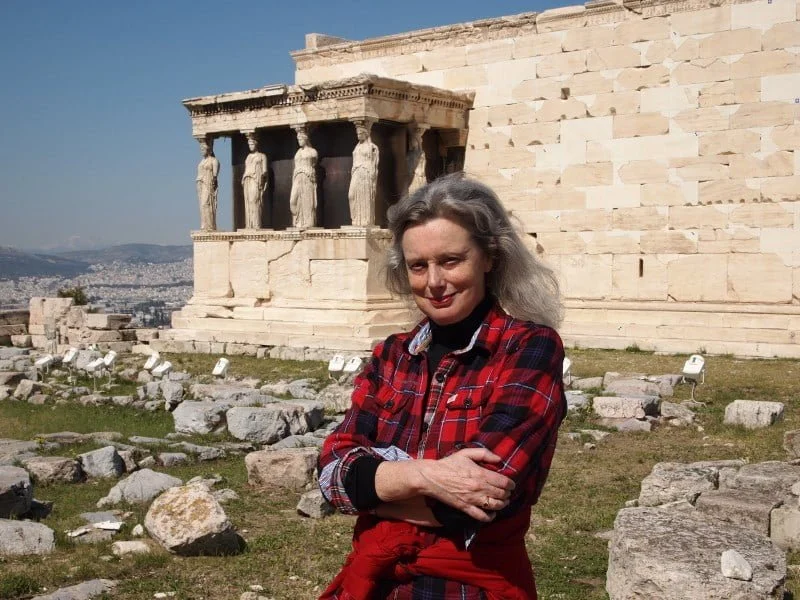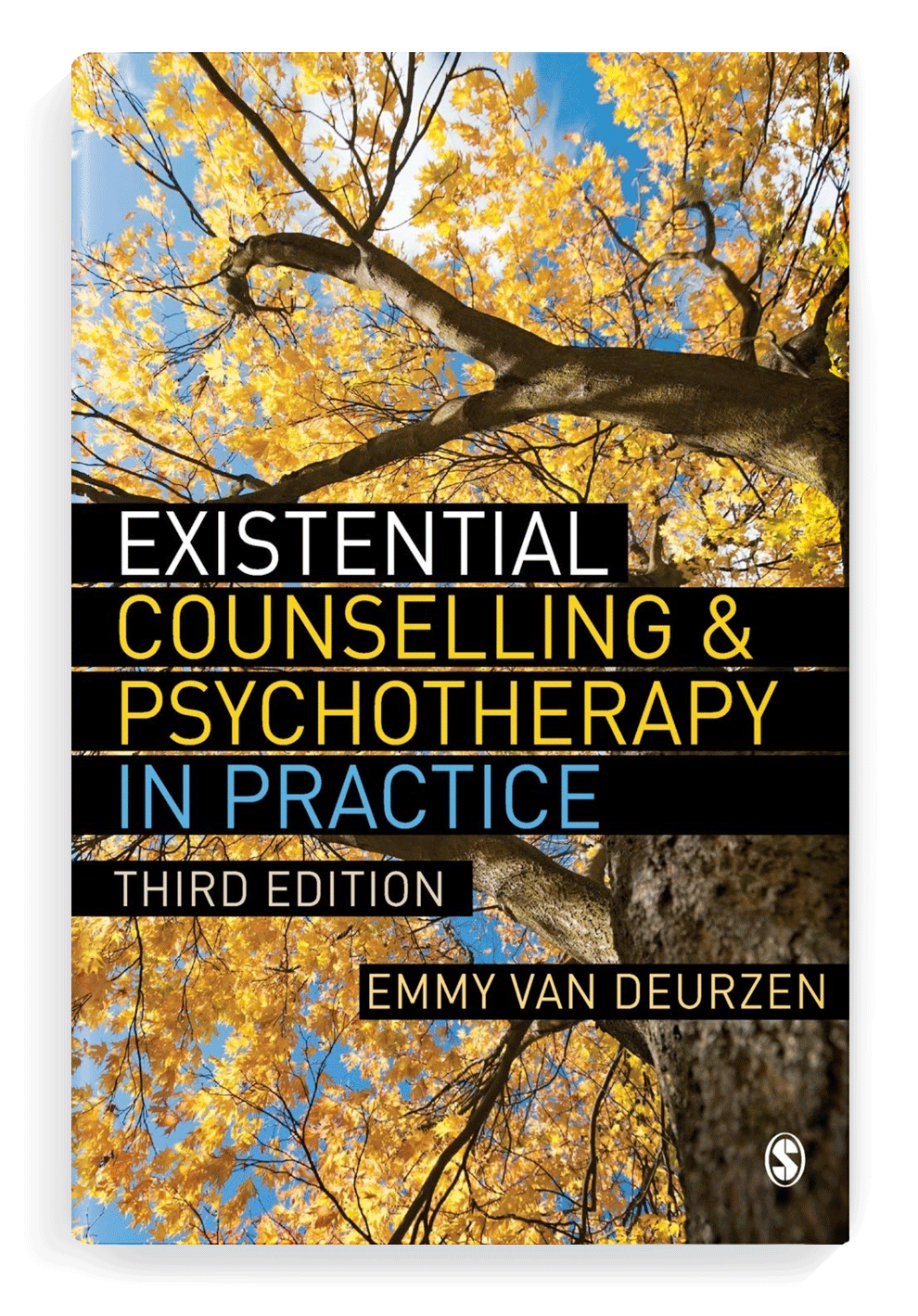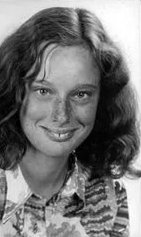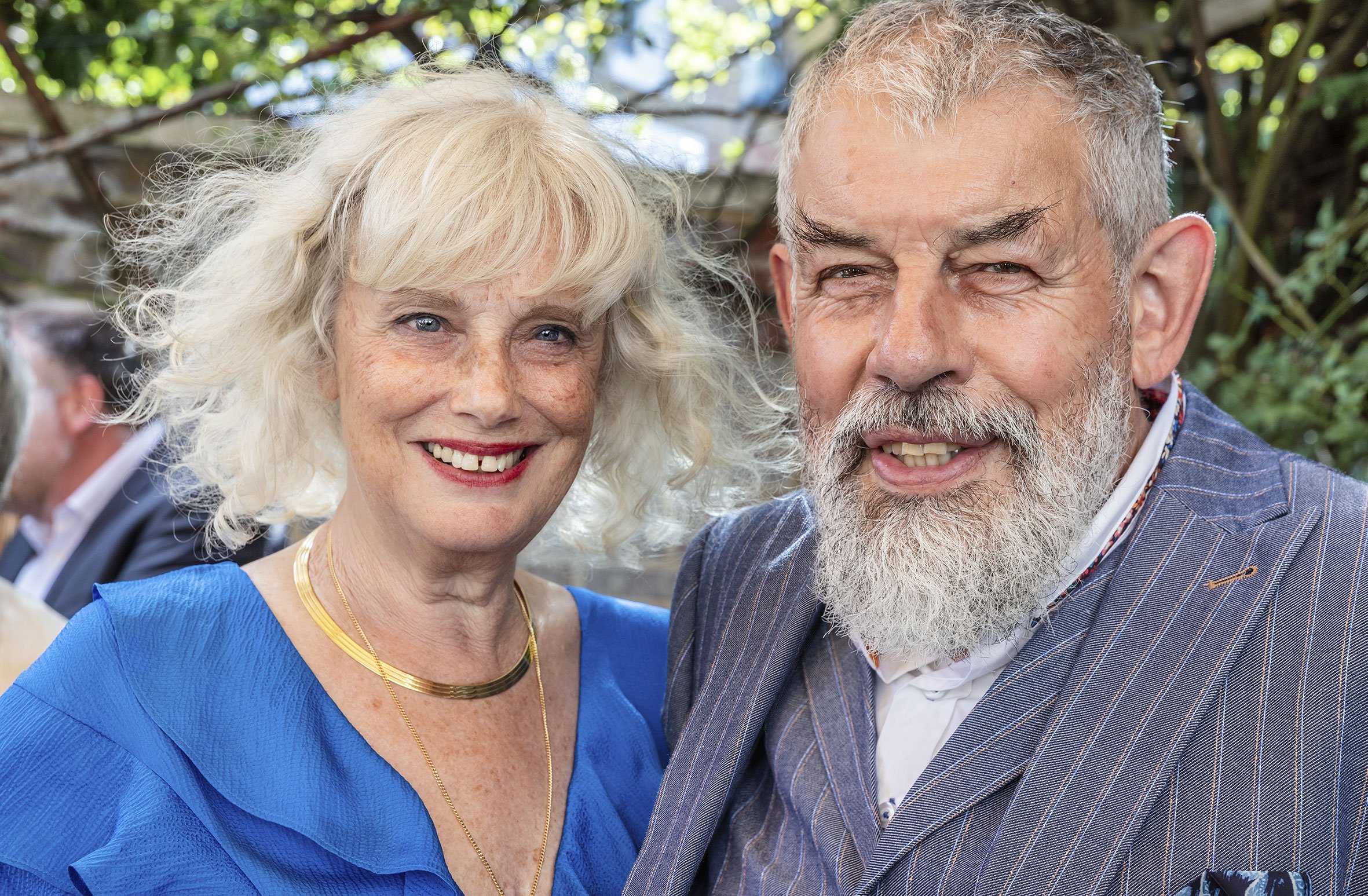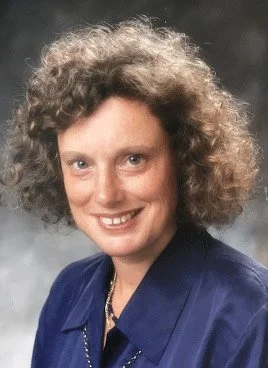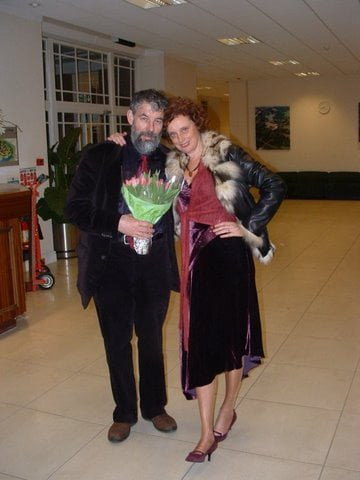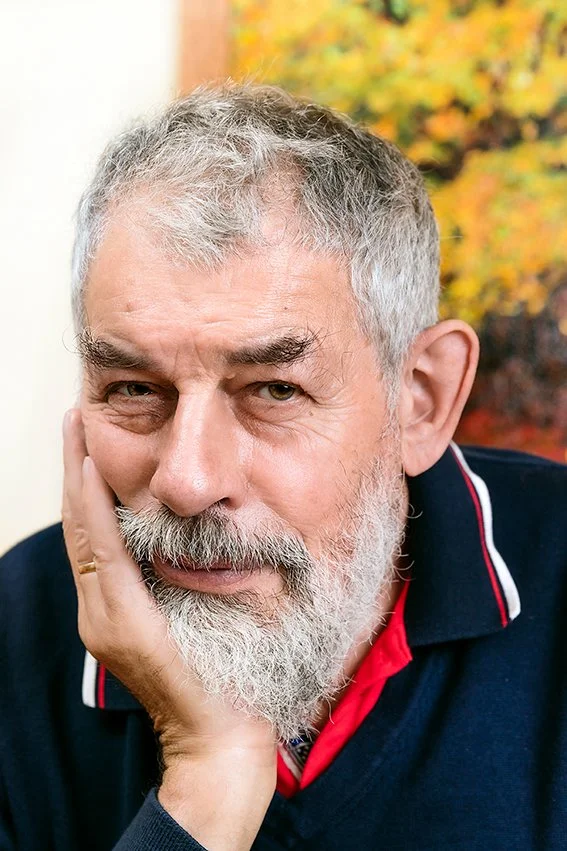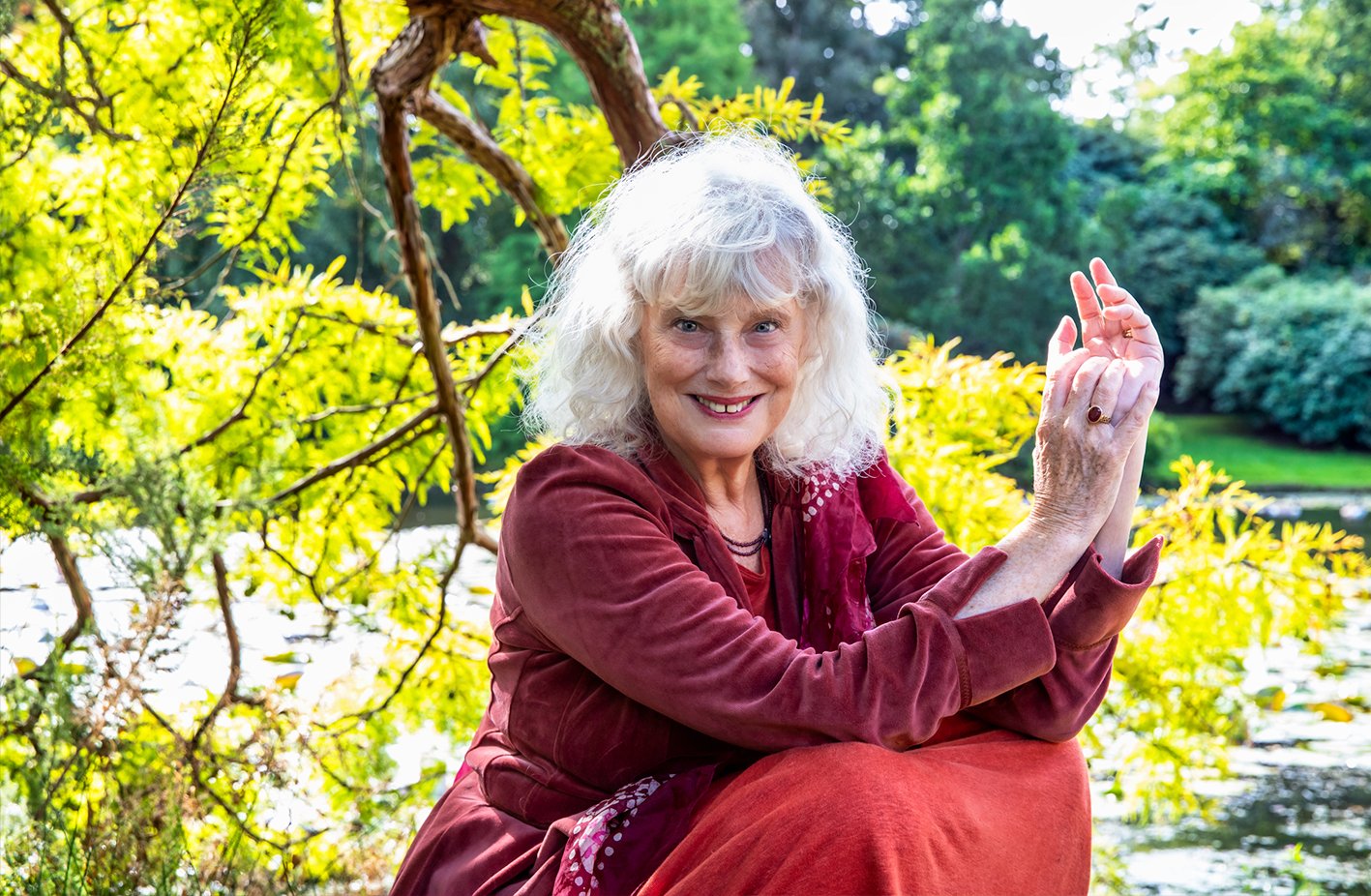Biography

Emmy, 2023On the Acropolis – Athens, 2011Background
Emmy was born on 13 December 1951 in The Hague, Netherlands. After a classical education she moved to Montpellier, France, where she studied French and Philosophy. She completed a Masters Degree in phenomenology and existentialism, with famous philosopher Michel Henry and worked for several years in the revolutionary psychiatric hospital of Saint Alban in the Massif Central as a group facilitator and counsellor.
After this she worked in the psychotherapeutic centre ‘La Candelie’ in Agen, South West France, where she also trained in psychotherapy, supervised by well known psychoanalyst Francois Tosquelles, whilst completing a Masters Degree in clinical psychology at the University of Bordeaux. She came to the UK in 1977 to live and work in a psychotherapeutic community of the Arbours Association, in London, where she also worked in the Crisis Centre and taught on the psychotherapy training programme. After a work/study trip to California, she began teaching on the London programmes of Antioch University International and became Associate Director of their MA in Humanistic Psychology. She developed the MA in the Psychology of Therapy and Counselling of which she became Director in 1982. The course moved to Regent’s College in 1985 and merged with the College in 1989, when she was appointed as Head of the Regent’s Psychology Department. She became Dean of the School of Psychotherapy and Counselling, which she founded in 1991 and she expanded this to a large and successful training organization, obtaining validation from City University. She was awarded a Chair in 1993. Emmy left Regent’s College in 1996 to found the New School of Psychotherapy and Counselling, which specializes in post-graduate existential psychotherapy, counselling psychology, coaching and pastoral care training. The school was originally based on the South Bank, in Waterloo, but moved to West Hampstead in 2010, when she and her husband, Prof. Digby Tantam took over the management of NSPC. It is now based at the Existential Academy on Fortune Green Road, West Hampstead.
Emmy continues to be a co-director of the New School which now offers five masters and two doctoral programmes with Middlesex University, one in Existential Counselling Psychology and one in Existential Psychotherapy and Counselling. She also co-directs the Existential Academy which runs a foundation course, short courses and various other existential training programmes (see www.nspc.org.uk and www.existentialacademy.com). Emmy is a visiting Professor with Middlesex University. She used to be Co-Director of the Centre for the Study of Conflict and Reconciliation at the University of Sheffield and an Honorary Professor with the University of Sheffield. She has also been a professor with Schiller University and with Regent’s College. She was a visiting fellow with Darwin College, Cambridge. She has written extensively on the application of philosophical ideas to working with individuals, couples, groups and organizations and she founded the Society for Existential Analysis and its Journal Existential Analysis in 1988. She remains an Honorary Life Member of SEA. She was also instrumental in founding the World Confederation for Existential Therapy and the Federation for Existential Therapy in Europe, both at the first World Congress for Existential Therapy, which she organized with her husband Prof. Digby Tantam in 2015 in London. She is now an honorary life member of FETE and also of the European Association for Psychotherapy, for which she was external relations officer for many years.
Her book Existential Counselling and Psychotherapy in Practice, first published in 1987, became a bestseller and saw its second edition in 2002 and a third edition in 2012. It has also been translated into a number of other languages, including Russian, Spanish, Danish, Swedish, Korean, Hebrew, Turkish, Greek and Chinese. Her books Paradox and Passion in Psychotherapy (Wiley 1998, second edition 2015) and Everyday Mysteries (Routledge 1997, second edition 2010) are also still in print. She has co-authored the Dictionary of Existential Psychotherapy and Counselling with Raymond Kenward and co-edited a book on existential therapy with Claire Arnold-Baker (Palgrave 2005), a book on existential supervision with Sarah Young (Palgrave 2009), a book on existential coaching with Monica Hanaway (2012) and a book on existential relationship therapy with Susan Iacovou (2013). Her book Psychotherapy and the Quest for Happiness, was published with Sage (2008) and took on the controversy over positive psychology, showing the importance of facing reality and learning to be and find meaning. She published a co-authored book with Martin Adams on Skills in Existential Therapy in 2011, which saw a second edition in 2016 and was translated into many languages. She did an introductory book on Existential Therapy with Claire Arnold-Baker for Routledge called Existential Therapy: DIstinctive Features, in 2018. She collaborated with many of her international colleagues to co-edit the Wiley World Handbook for Existential Therapy in 2019. She published her book Rising from Existential Crisis: Living beyond Calamity, with PCCS books in 2021. Emmy is much in demand as an international speaker on all of these subjects. She has a particular interest in helping people question their assumptions, beliefs and values and guiding them through life crises, dilemmas and transformations towards a more meaningful life. Her first trade book on the Art of Freedom will be published with Penguin in 2024.
Emmy is a chartered Counselling Psychologist and was elected a Fellow of the British Psychological Society in 2000. She is a registered existential psychotherapist and was offered a Fellowship by the United Kingdom Council for Psychotherapy (of which she was the first chair, 1993-1995) in 2006. She was also made a Fellow of the British Association for Counselling and Psychotherapy in 2001. She has chaired numerous other professional associations and has founded several as well, including the Universities Psychotherapy and Counselling Association. She and Digby Tantam were co-chairs of the European Training Standards Committee, when it developed and launched the European Certificate for Psychotherapy. They worked with the Council of Europe on human rights issues on behalf of the European Association for Psychotherapy and Emmy was also the special Ambassador for the EAP to the European Commission in Brussels.
Emmy has given presentations, workshops and lectures on many continents, in over thirty two countries. Her work has been translated into two dozen languages. Information about contracting her are on the dilemma consultancy website.

Emmy – a cheerful child at age 7Anna and Arie celebrating their 25th anniversaryEarly years in the Netherlands
Emma van Deurzen was born on 13 December 1951 in The Hague, Netherlands, the second daughter of Arie van Deurzen and Anna Hensel.
Her father’s family came from Weert in the South of the Netherlands, where they had transported goods along the Dutch rivers and canals. Her father, who grew up in the Hague, became an antiques expert (specializing in Russian artifacts and icons, Dutch paintings and porcelain) and he directed the Venduehuis of the Notaries of The Hague and organized antique auctions at Pulchri Studio, a well known art gallery in The Hague. Emmy was fascinated by art and the commercial world from early on.
Her mother came from a middle class family, with aristocratic roots in Schleswig Holstein, when it was still Danish, and a history of religious persecution under Bismarck, when the family had to take refuge in the Netherlands. Her maternal grandfather was mayor of Vlissingen as a young man, was a devoted Anabaptist and wrote spiritual poetry, a writing and speaking talent he passed on to his youngest grandchild. During the Second World War Emmy’s mother worked as a nurse in the children’s hospital, taking care of children with tuberculosis and tetanus and was famously allowed to keep her bicycle when the Germans requisitioned all bikes in the Netherlands. Her father, who had narrowly escaped from being taken prisoner by the invaders had to hide, together with several men from the Hague fire-brigade, lying on the rafters in a freezing loft during that long cold final winter of the war when the West of the Netherlands was cut off from the rest of the world and was on its knees, deprived of food, energy, heat and clean water. Her father nearly died when he contracted double pneumonia.
Emmy grew up listening to daily stories about her parents’ traumatic experiences and deprivations and the injustices of the war. It was all very real still as the family lived in very cramped conditions, because so many houses had been destroyed by the war. Living on coupons and in relative poverty was as much a part of her early life as listening to stories about bombings and shootings and fear on the streets and also about the unreliability of other human beings and the possibility of betrayal when escaping from persecution and listening to forbidden radio transmitters. The threats that Holland was subjected to during the cold war in the ninety fifties added to this picture of a very dangerous world.
Emmy grew up in the South West of The Hague and for most of her childhood and teenage years lived in the top flat of a block based only a stone’s throw from the North Sea, standing in the sand dunes. She shared a tiny bedroom with her elder sister, Ingrid and learnt to stand up for herself by having many years of judo lessons, getting up to blue belt level. She also learnt to switch off from the world by avidly reading books, singing in the communal staircase and composing songs and poems. Much of her childhood was spent playing in the streets and wandering about in the dunes.
She loved her bike and her ice skates as well as her uncle’s sailing boat. A serious bike accident at the age of ten led to a stay in hospital and a transformation in the way in which she saw her life and her role in the family.
She completed her classical education at the very liberal, nearby Dalton Lyceum, where she was an active contributor to the school newsletter, took small parts in school plays and sang in the choir as well as performing her own songs with the guitar.
She became impassioned with Socrates, when studying Plato and passed her final exams in Greek and Latin as well as in Maths, History, Dutch, French, English and German before moving to Montpellier, France. She faithfully kept a diary from the age of 13, learnt to paint in oils and play the recorder as well as the guitar and wrote her first novel, Horizon, at the age of fifteen.
Emmy in school at twelveEmmy, on the right of the group of girls, performing in a school play, aged 10.Academic study and training in France
At eighteen, having passed her final exams and after hitchhiking around France with a girlfriend, playing the guitar and singing in restaurants, she left the Netherlands and went to France, by herself, to study French at the Université Paul Valéry for the first year and then completed two degrees (licence and maîtrise) in Philosophy. She specialised in moral and political philosophy and her Masters dissertation was prepared under the supervision of Michel Henry, an eminent French phenomenologist. It was entitled: ‘Some Philosophical Reflections on certain Psychiatric Aspects of the Refusal of our Experience of Others’ (Quelques Reflexions Philosophiques sur Certains Aspects Psychiatriques du Refus de L’Experience d’Autrui) and it applied Husserl’s phenomenology to the exploration of loneliness and its relationship to schizophrenia. At the end of 1972 she married Jean Pierre Fabre, a young psychiatrist, with whom she attended psychiatric lectures as well as psychotherapy training and supervision sessions. In 1973 she took up a full time position working in the revolutionary psychiatric hospital of Saint Alban in the Massif Central (Lozère) as a group facilitator and counsellor. Here she learnt about psychodrama techniques and large group psychotherapy methods and she worked with the hospital radio, led the weekly hospital newsletter meetings and directed (and acted in) several hospital plays, as well as running relaxation and discussion groups and doing individual therapy.
After two years she and her husband moved to the psychotherapeutic centre ‘La Candelie’ in Agen, South West France, where she continued to work as a psychotherapist under supervision of the well known Lacanian psychoanalyst Dr. François Tosquelles, whilst completing her degrees (Licence and Maîtrise) in clinical psychology at the University of Bordeaux. She worked for a year as a graduate tutor in psychophysiology at the University of Bordeaux and completed her master’s thesis on ‘Attempted Suicide in Young Women’, which earned the merit of most distinguished dissertation of the year. She and her husband had begun to practice couple and family therapy together during these years and travelled widely to learn about new and experimental methods in psychiatry, among other places visiting Basaglia’s experimental department in Gorizia in Italy, Olievenstein’s drug unit in Marmottan, Paris, and Oury’s psychiatric department in Laborde, north western France, which was based on the work of Deleuze and Guattari. They also attended numerous international conferences, meeting similar minded colleagues, which led to an invitation to come to the United Kingdom to work with the therapeutic community movement in anti-psychiatry.
Emmy at seventeenWith her dog, Zomby – 1973Settling in the UK
They migrated to Britain in 1977 and lived and worked in Norbury, in a South London psychotherapeutic community of the Arbours Association (founded by Berke and Schatzman) for a year, whilst also working in the Crisis Centre. They were also involved with the Philadelphia Association and attended several events and meetings with R.D. Laing. This is when Emmy began teaching existential philosophy and psychotherapy for the Arbours training programme and also gave her first public lecture on ‘Liberty, Equality and Brotherhood in Laingian therapeutic communities’ at the Netherne Psychiatric Hospital conference. In 1978, they went on a three months’ work/study trip to California, visiting Esalen (where they did some work with Gregory Bateson and received training in Gestalt therapy and bioenergetics), the Mental Research Institute and Berkeley University (where she met with Herbert Dreyfus) as well as visiting and staying in several therapeutic communities (including Soteria House and Phoenix). They also stayed for several weeks at the Theosophical Society in Pasadena. Upon their return they decided to part company, as Jean Pierre wanted to return to his psychiatric career in France whilst Emmy began teaching on the London programmes of Antioch University International. In the summer of 1978 Emmy assisted Ronnie Laing in his re-birthing stunt at the Laing/Rogers encounter at the Hilton hotel in Park Lane, London and came to the conclusion that neither Laing nor Rogers could quench her thirst for a fully philosophical approach to psychotherapy. She decided to establish her own method of existential work and launched her private practice during this transformational year. Soon she became Associate Director of the MA in Humanistic Psychology which had been created by John Andrew Miller and Steven Gans for Antioch University and was also appointed part-time lecturer on the South West London Counselling Courses, where she learnt to apply her philosophical thinking in an eminently practical way.
Creating an Existential Movement
During this time Emmy met David Livingstone Smith 2nd, who was a bio-energetic therapist and astrologer at that time and who was to become her second husband. They had a son, Benjamin, in 1981 and a daughter Sasha Daniella (Danny), in 1985.
Meanwhile Emmy developed a new programme for Antioch University: the MA in the Psychology of Therapy and Counselling and was appointed its Director in 1982. This course moved to Regent’s College in 1985 when this new American College was created after the old Bedford College, which had long been located in the building in Regent’s park, was merged with Royal Holloway College and moved to Egham (Surrey). Emmy’s focus was on building up the programme and she was able to negotiate a merger with the College in 1989, when she was appointed Head of the Regent’s College Psychology Department. Unfortunately the College came close to bankruptcy a year later and was taken over by financial investors who changed the mode of operating to a business based rather than an educational philosophy. At this point she made herself into an entrepreneur and became Dean of the School of Psychotherapy and Counselling, which she founded in 1991 and of which she was a Company Director until 1996.
During this same time she had written and published her first book Existential Counselling in Practice (Sage 1987) and founded the Society for Existential Analysis (1988).
An account of her almost single-handed creation of the movement of Existential Psychotherapy can be found elsewhere on this site. In this period she also became active in the political arena of professional psychotherapy. She joined the Rugby Conference on Psychotherapy and was a founder member of the UK Standing Conference of Psychotherapy in Canterbury in 1990. She was elected onto the governing board as an ordinary member on the strength of her insight into the importance of the European dimension of psychotherapy and she started working with the European Commission on behalf of British psychotherapists straight away. She was elected external relations officer a year later and loyally served under the chair of the standing conference Michael Pokorny for two years. When the United Kingdom Council for Psychotherapy was finally created in January 1993, she was elected its first chair. Under her leadership UKCP became a truly professional organization and she not only made the important links with Europe, through membership of the European Association of Psychotherapy, but also with government and with various governmental projects, in relation to the Lead Body for Psychotherapy and Counselling and the False Memory debate. She gave a speech at the House of Lords during the launch of the UKCP register in May 1993, which put psychotherapy on the map in the UK as a separate and independent profession. She ensured that UKCP could have a base in Regent’s College for the first two years of its life. When she handed over the organization to Digby Tantam in January 1995, she had also made sure in working with other academic colleagues that a University Psychotherapy Association had been set up and this ensured that masters’ level courses would be the new standard for psychotherapy training. She was to continue working closely with Digby Tantam to set standards for psychotherapy in Europe and worldwide, as co-chairs of the European Training Standards Committee. Their relationship, a close friendship for many years, gradually became personal and indispensable.
With her children in the early nineties.5th anniversary / semi retirement partyWith Bruno – their dog, 2022Crisis and the creation of a new school
Meanwhile her work at Regent’s College became marred by disagreements about the College’s business ideology, which obliged her to expand the school year on year, to become one of the largest training organizations with many hundreds of students. She obtained validation from City University, London for her courses and was awarded a Chair by Regent’s College in 1993, when she gave an inaugural lecture entitled ‘If Truth were a Woman …’, a thinly veiled critique of the lack of integrity she was experiencing in the circles she was moving in and an expression of the ethical problems she was struggling to resolve for herself.
Emmy was forced to leave Regent’s College in 1996 when she openly challenged the fiduciary practices of the then President of the College and was not only escorted off the premises by security guards but subsequently taken to the High Court when she fought back by setting up a New School. The false accusations were proven wrong and she won her case, but not without having to sign a confidentiality agreement that prevented her from making public what had been done not only to her but also to the College. She founded the New School of Psychotherapy and Counselling with the support of Prof. Digby Tantam, Dr. Freddie Strasser and Claire Arnold-Baker and fought for its survival for many years. The New School specialized in existential psychotherapy training, which remains a unique feature to this day. It was based in London, on the South Bank, in Waterloo, moving to West Hampstead after breaking free from Schiller International University in 2010.
It took 12 years before Emmy could return to Regent’s College, after her unfair dismissal.
From the early nineties Emmy started lecturing worldwide as her books became more widely known and loved.
Digby, second chair of UKCPEmmy, first chair of UKCP 1993–1995Return to Regent’s, 2008Lecture tour in Mexico with Digby – 2005Achievements
Emmy continues to direct the New School as its Principal and she is a Visiting Professor in Psychotherapy with Middlesex University. She was also Co-Director of the Centre for the Study of Conflict and Reconciliation at the University of Sheffield and an Honorary Professor with the University of Sheffield for many years. She completed her doctorate in philosophy with Alphons Grieder at the social sciences department of City University with research on Heidegger’s views on Authenticity and their Relevance to Psychotherapy in 2000. She has written extensively on the application of philosophical ideas to working with individuals, couples, groups and organizations and remains an Honorary Life Member of the Society for Existential Analysis. Her book Existential Counselling and Psychotherapy in Practice became a bestseller and saw its second edition in 2002 and its third edition in 2012. It has been translated into a number of other languages, including Russian, Spanish, Danish, Swedish, Korean, Hebrew, Greek and Chinese. Her books Paradox and Passion in Psychotherapy (Wiley 1998) and Everyday Mysteries (Routledge 1997) are also still in print and the second edition of Everyday Mysteries was published in 2010, with the second edition of Paradox and Passion in progress. Many of these books and papers have been translated into numerous other languages. She has co-authored the Dictionary of Existential Psychotherapy and Counselling with Raymond Kenward (Sage 2005) and co-edited a book on existential therapy with Claire Arnold-Baker (Palgrave 2005) and a book on existential supervision with Sarah Young (Palgrave 2009). Her book Psychotherapy and the Quest for Happiness, also with Sage (2009) took on the controversy over positive psychology and shows the importance of facing reality and learning to be well instead of looking for happiness. A book on Skills in Existential Therapy was co-authored with Martin Adams (Sage 2011) and a book on Existential Coaching co-edited with Monica Hanaway in 2012. A co-edited book on Existential Relationship therapy is published by Palgrave in 2013. Emmy is much in demand as an international speaker on all these subjects. She has a particular interest in helping people question their assumptions, beliefs and values and guiding them through life crises, dilemmas and transformations towards a more meaningful life and she continues to lecture worldwide.
Emmy is a chartered Counselling Psychologist and was elected a Fellow of the British Psychological Society in 2000. She is a registered existential psychotherapist and was offered a Fellowship by the United Kingdom Council for Psychotherapy in 2006. She was also made a Fellow of the British Association for Counselling and Psychotherapy in 2001. She has chaired numerous other professional associations and has founded several as well. She and Digby Tantam co-founded and co-chair the International Collaborative of Existential Counsellors and Psychotherapists (ICECAP) as well as being co-chairs of the European Training Standards Committee, when it developed and launched the European Certificate for Psychotherapy. They worked with the Council of Europe on human rights issues on behalf of the European Association for Psychotherapy and Emmy was also the Ambassador for the EAP to the European Commission. Because of this she was offered the European Certificate for Psychotherapy on an honorary basis in 1998.
Septimus research team – DublinCEP research team – BordeauxDigby Tantam, 2022Emmy's children – Benjamin and DannyPersonal life
Emmy moved to Sheffield in 1997 to live and work with Digby Tantam who had been given a chair in clinical psychotherapy at the University of Sheffield in 1995. They married in 1998 and created Dilemma Consultancy Limited, which offers counselling, therapy, supervision, assessments and training. They have continued to develop the New School together and have obtained five European grants together which have mainly involved them in creating and developing online training for psychotherapists with colleagues from a dozen European countries. They are co-authoring a book on Emotional Health and Well Being.
The Septimus team, led by Digby and Emmy, created an online psychotherapy training across Europe. The CEP project created Dutch and French translations for the course.
On the personal front they have put much energy into blending their families together. Their four children have all gone in different directions. One daughter lives in the West Country, the other in London, their eldest son is married and lives and works in Plymouth and their younger son is married and lives and works in New York City. They are respectively a nuclear engineer, a clinical psychologist, a bio-physicist, turned software engineer, and an existential coach.
Emmy and Digby live in the peak district and are committed hill walkers. They were the proud owners of a large Saint Bernard dog for many years, who lived to the ripe old age of eleven.
They spend much of their holidays travelling or writing in their holiday cabin in the Medoc, France, which they owned from 2003–2021.
Digby and Emmy have written many of their books in the shady garden of their holiday cabin in Grayan l’Hopital.
Walking Bellamy on the moorsEmmy with her parents in France, shortly before her father’s death in 2006Lecture tour – Tagamatsu, Japan, 2010Emmy, 2023Emmy, 2023Book a private consultation
Click here to book an appointment at Dilemma Consultancy

